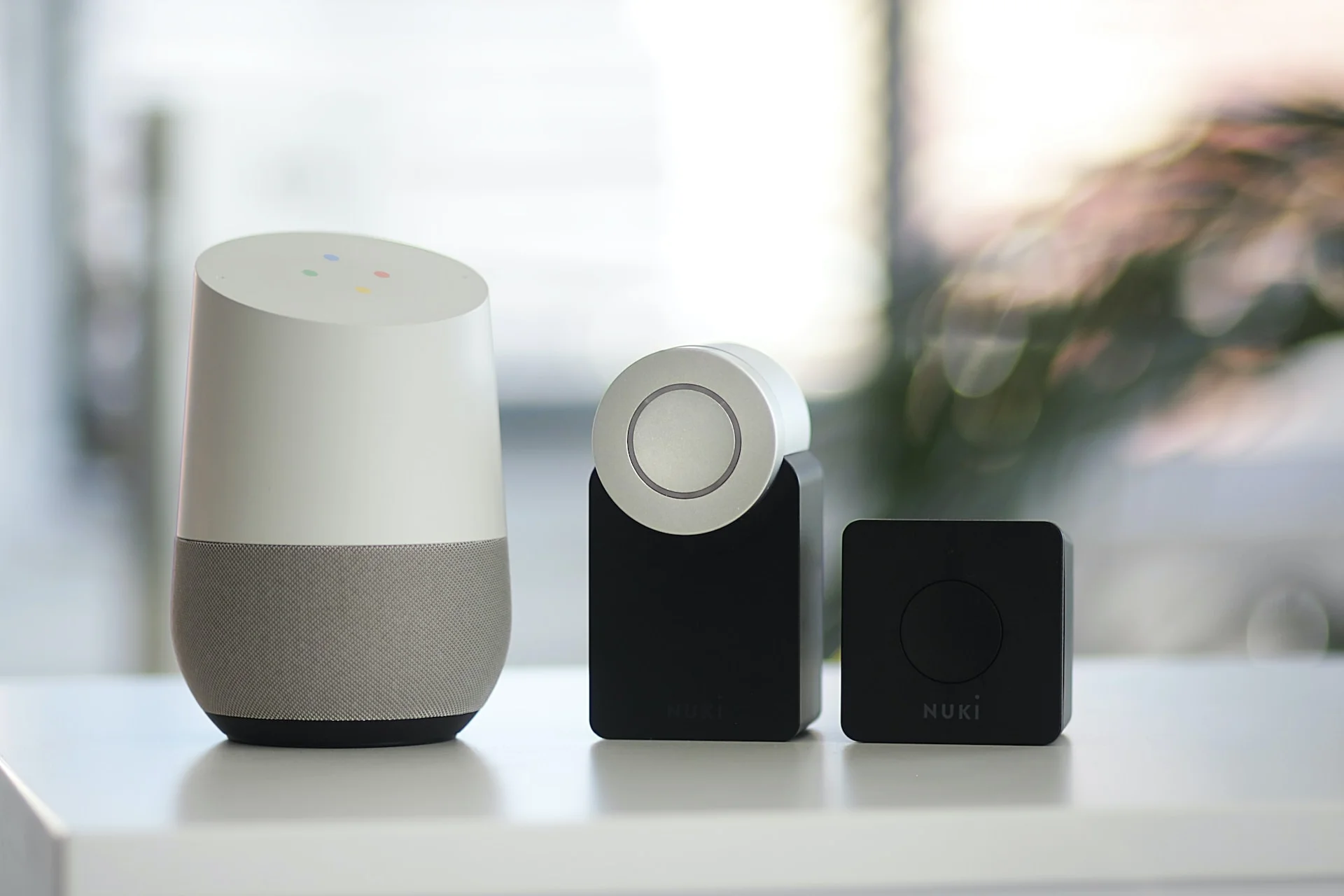Google and Alexa have been fiercely competing against each other for years, but they are now working together in these new devices.
Google has long resisted allowing manufacturers to build devices with both Google Assistant and Alexa. This prompted Amazon to increase the pressure, not out of kindness, but to even the playing field. Although Alexa has around 500 million devices as of early 2020, Google has been able to capitalize by having Google Assistant as the default assistant on Android smartphones.
The European Union (EU) once investigated Google for providing preferential treatment, but Google has now changed its stance. In 2019, Google announced that Google Assistant was available on over 1 billion devices.
To ensure users could choose among multiple voice assistants, Amazon launched the Voice Interoperability Initiative in 2020. Initially, Google, along with Samsung and Apple, declined to join the program. However, Google recently reversed its decision and is now participating.
Marissa Chacko, director of product management of Google Assistant, expressed in an email interview that both Google and Amazon wanted to make it easy for users to access either of these voice services simultaneously. She stated, “Voice assistants have become part of our everyday lives. We aren’t trying to compensate for capability gaps, but rather give users choice.”
Passive voice is written in the form of a sentence in which the subject is acted upon by the verb. Passive voice is used when the focus is on the action. In this sentence, the focus is on Marissa Chacko’s words, rather than the action, so passive voice is not necessary.
Users can now ask either Alexa or Google Assistant to set a timer. When the timer rings, they can ask the other assistant to stop it. This is possible due to the Amazon’s Universal Device Commands (UDC) and Multi-Agent Experience Toolkit, which resulted from the Voice Interoperability Initiative.
With UDC, users can directly ask Alexa or Google Assistant to stop playing music, setting off timers, reminding them of tasks, or sounding alarms. Furthermore, the Authentics speakers will seamlessly switch the “audio focus” to prevent one assistant from speaking over the other.
Aaron Rubenson, VP of Alexa, told me via email that Amazon and Google are testing UDC during beta trials. He said, “Customers may prefer to access Alexa or Google Assistant to utilize their favorite Amazon and Google services. For example, you can ask Google Assistant for a good substitute for milk, and then ask Alexa to buy it from Amazon.com. Additionally, you can receive an Amazon package delivery notification from Alexa, and then ask Google Assistant to add a reminder about the delivery to your Google Calendar.”
Google and Amazon do not appear to worry about engagement with Google Assistant or Alexa declining now that both assistants are on one device. Rubenson and Chacko now express that they view the assistants as “complementary” instead of competing with each other.
Rubenson stated that our primary goal is to create an excellent customer experience, allowing customers to easily access both Alexa and Google Assistant on JBL Authentics 200, 300, and 500 speakers. We also anticipate that customers will use either Alexa or Google Assistant independently or together.
Chacko stated that they are committed to creating a powerful smart home environment and to make it easier for people to access their preferred assistants. They understand that many households have different voice assistant preferences and multiple devices, which can be challenging to manage. With Amazon and Harman, they shared the same vision of providing users with value and choice by giving them simultaneous access to multiple voice assistants on a single device.
Smart speaker sales have been declining for some time. In Q1 2023, shipments decreased by 30%, marking the sixth consecutive quarter of decline. A survey by UpCity, a business-to-business service directory, reveals that only half of U.S. consumers use voice search daily. Amazon and Google have both cut back their voice assistant efforts, leading to a reduced interest in smart speakers.
Amazon is expected to lose approximately $10 billion on Alexa and other devices in 2022. Meanwhile, Google has reduced its investments in Google Assistant for both third-party devices and its own hardware, removing third-party voice games and apps from Nest hub smart displays. It is not only declining sales that are causing corporate priorities to shift. Making money with voice assistants is proving to be difficult.
In 2019, Amazon fell well short of its $5 million target when it only earned less than $2 million from Alexa apps. However, the Harman/Amazon collaboration could be a one-off, as Chacko refused to commit to future Google Assistant and Alexa integrations. She stated, “It’s too early to determine this integration’s impact.”
We have no plans to announce future integrations yet, but we are thrilled to witness how users take advantage of having both Google Assistant and Alexa available at the same time in their homes. It’s a temporary alliance, not a lasting truce.


